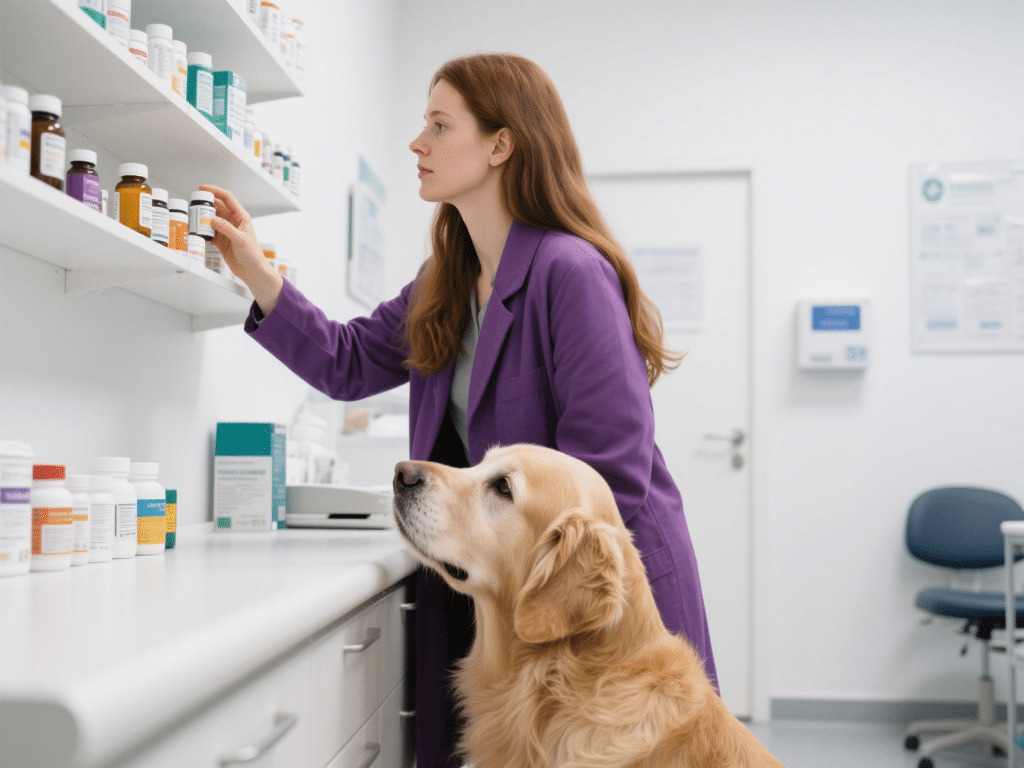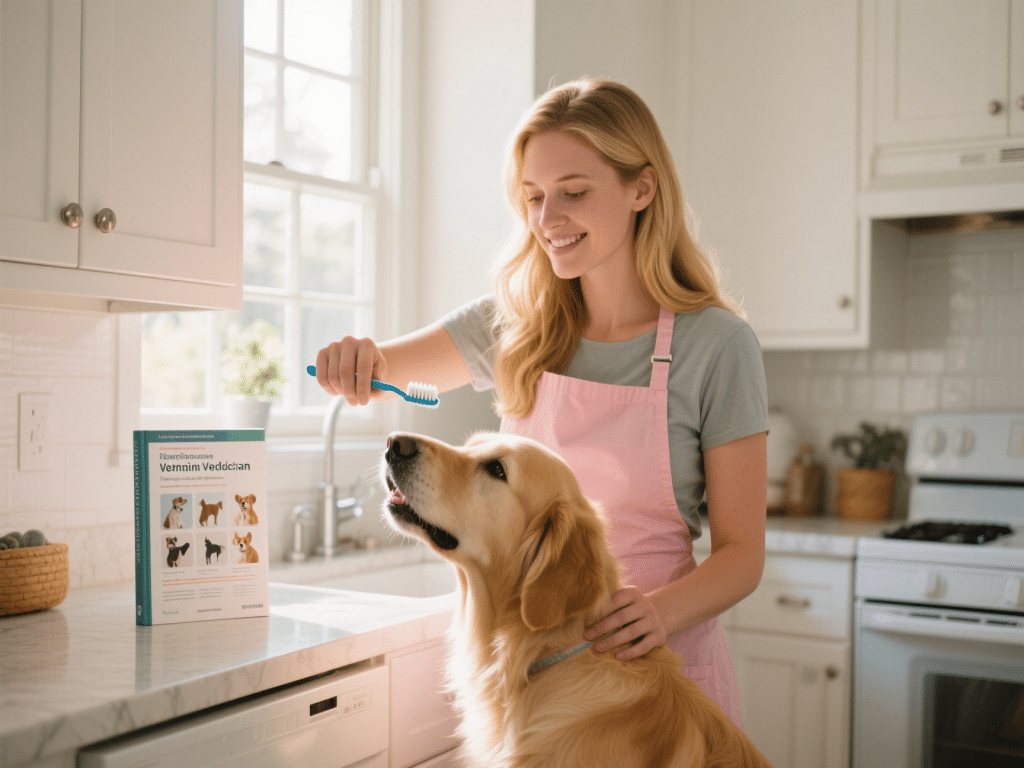RECOMMENDED NEWS

The Best Supplements for Your Pet’s Health: What You Need to Know
Why Pet Supplements MatterNutritional gaps in commercial pet foods affect 30% of companion animals (...
Read More →
The Ultimate Guide to Pet Dental Care: How to Keep Your Pet’s Teeth Healthy
The Ultimate Guide to Pet Dental Care: How to Keep Your Pet’s Teeth HealthyWhy Dental Health is No...
Read More →
How to Choose the Best Pet Supplies: A Comprehensive Buyer’s Guide
How to Choose the Best Pet Supplies: A Comprehensive Buyer’s GuideNavigating the vast world of pet...
Read More →
How to Deal with Pet Behavioral Issues: Tips for Solving Common Problems
How to Deal with Pet Behavioral Issues: Tips for Solving Common ProblemsPet behavioral issues are am...
Read More →
Pet Hygiene: The Best Ways to Keep Your Pet Clean and Healthy
Pet Hygiene: Essential Practices for a Thriving CompanionMaintaining optimal pet hygiene isn’t jus...
Read More →
The Benefits of Pet Insurance: Why You Should Consider It
The Essential Shield for Modern Pet OwnersRising veterinary costs present significant financial chal...
Read More →
Understanding Pet Health: Preventative Care and Regular Check-ups
Understanding Pet Health: Preventative Care and Regular Check-ups Are LifesaversOwning a pet brings ...
Read More →
Training Your Pet: Effective Methods for Behavior Correction
Training Your Pet: Effective Methods for Behavior CorrectionAddressing unwanted pet behaviors requir...
Read More →
How to Create a Safe and Comfortable Home for Your Pet
How to Create a Safe and Comfortable Home for Your PetWelcoming a pet into your home is a joy, but t...
Read More →
Comments on "The Best Supplements for Your Pet’s Health: What You Need to Know" :